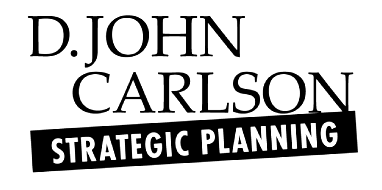What do Zara, Tesla, Rolls Royce, Krispy Kreme, Costco, Tupperware, and Ferraro Rocher all have in common? None of them have an advertising budget! Like an increasing number of businesses, these leading brands do not rely on advertising to drive profits. Indeed, the success of these brands is evidence that advertising is not the only […]
What do Zara, Tesla, Rolls Royce, Krispy Kreme, Costco, Tupperware, and Ferraro Rocher all have in common? None of them have an advertising budget! Like an increasing number of businesses, these leading brands do not rely on advertising to drive profits. Indeed, the success of these brands is evidence that advertising is not the only way to build a great brand and a highly profitable business.
Advertising is less essential than advertising agencies might suggest or as trusted as advertising agencies suggest. Recent studies found that 85% of millennials do not trust advertising, 96% of consumers do not trust advertising, and advertising is now trusted less than casual referrals, with 88% of consumers trusting recommendations above all other forms of messaging.
What do Apple, Krispy Kreme, Patagonia, Zappos, Converse, Lego, Red Bull, and local brands ABC and Nude all have in common? They are all considered cult brands. Like an increasing number of strategically astute businesses, these brands have developed a cult following that drives the lifetime value of their customers in a way that advertising never could. These brands demonstrate that advertising is not essential in 21st-century marketing.
Unlike advertising, which is struggling to engender trust, ‘cult marketing’ is all about trust. Cult marketing builds loyalty and an enthusiastic customer base by creating a strong emotional connection between a brand and its customers. Trust is the foundation that underpins the entire strategy, with cult brands harnessing the power of trust to create a committed customer base.
The prerequisites to developing a cult branding strategy include:
- Differentiation – being so remarkable – like Krispy Kreme – that customers do the promotion for you, telling all and sundry how good you are.
- Purpose – and recognising – like Patagonia does – that customers can buy into that purpose before buying your product.
- Inspiration – as Zappos has famously leveraged – motivating employees to engage with customers in a way that drives success.
- Being relatable – make your product human and easy for the TM to relate to, just as Converse has consistently done.
- Getting involved with the customers – as Lego has successfully done – co-creating the offering and working with customers to maximise satisfaction.
- Persuasion – intercepting customers and getting involved in their lives – in the ways that Disney, the ABC and Red Bull have done.
- Empathy – building trust by being authentic, transparent, honest, or at least being seen to be so – as Apple has done.
Cult marketing is potentially more cost-effective than advertising, but it directly addresses what really matters – customer lifetime value – maximising conversion rates, the average transaction, margins, repeat business and referrals. So, why not – take a closer look at cult marketing?
D. John Carlson – Consultant Perth.


 Back
Back